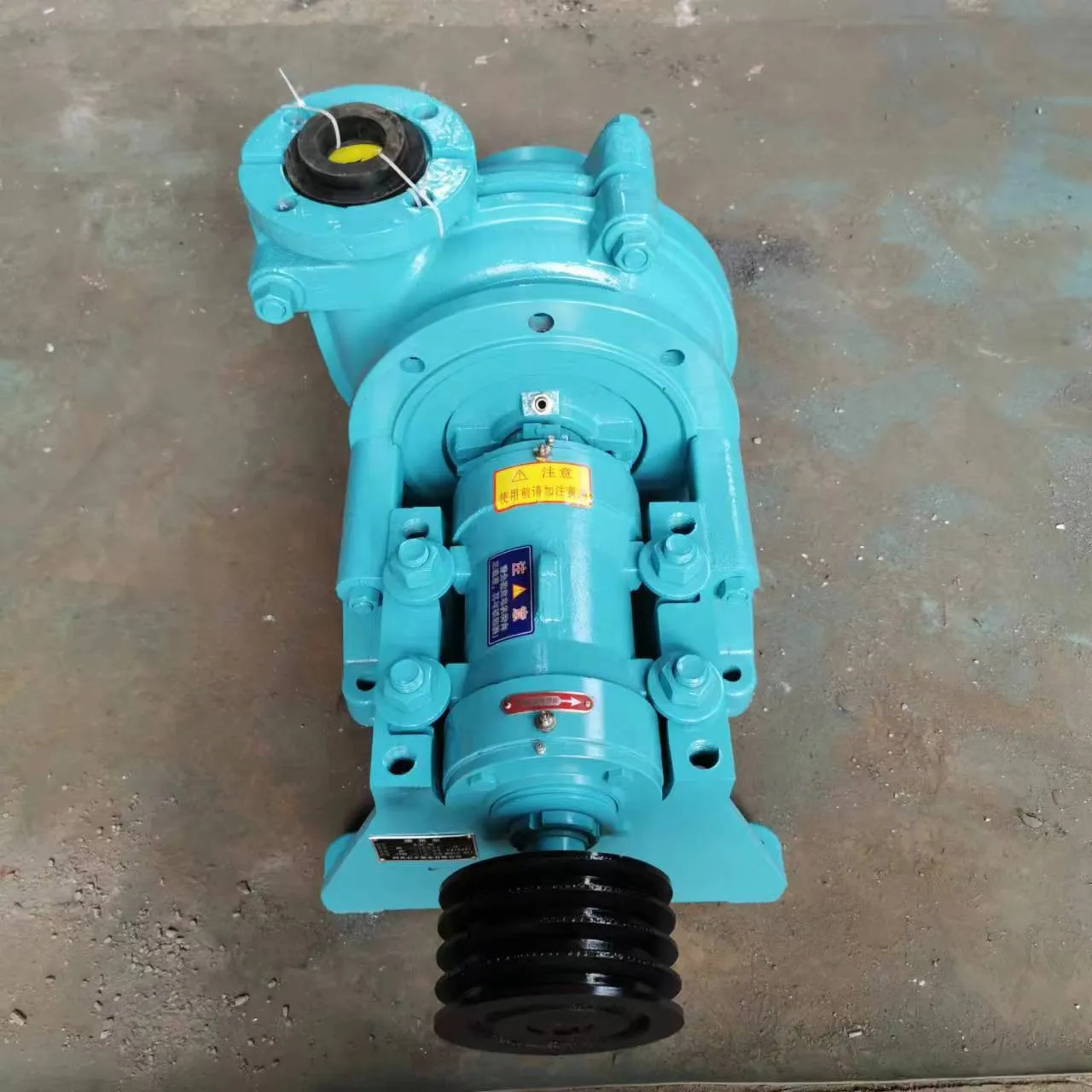Malgashi
- Afrikaans
- Albanian
- Amharic
- Arabic
- Armenian
- Azerbaijani
- Basque
- Belarusian
- Bengali
- Bosnian
- Bulgarian
- Catalan
- Cebuano
- Corsican
- Croatian
- Czech
- Danish
- Dutch
- English
- Esperanto
- Estonian
- Finnish
- French
- Frisian
- Galician
- Georgian
- German
- Greek
- Gujarati
- Haitian Creole
- hausa
- hawaiian
- Hebrew
- Hindi
- Miao
- Hungarian
- Icelandic
- igbo
- Indonesian
- irish
- Italian
- Japanese
- Javanese
- Kannada
- kazakh
- Khmer
- Rwandese
- Korean
- Kurdish
- Kyrgyz
- Lao
- Latin
- Latvian
- Lithuanian
- Luxembourgish
- Macedonian
- Malgashi
- Malay
- Malayalam
- Maltese
- Maori
- Marathi
- Mongolian
- Myanmar
- Nepali
- Norwegian
- Norwegian
- Occitan
- Pashto
- Persian
- Polish
- Portuguese
- Punjabi
- Romanian
- Russian
- Samoan
- Scottish Gaelic
- Serbian
- Sesotho
- Shona
- Sindhi
- Sinhala
- Slovak
- Slovenian
- Somali
- Spanish
- Sundanese
- Swahili
- Swedish
- Tagalog
- Tajik
- Tamil
- Tatar
- Telugu
- Thai
- Turkish
- Turkmen
- Ukrainian
- Urdu
- Uighur
- Uzbek
- Vietnamese
- Welsh
- Bantu
- Yiddish
- Yoruba
- Zulu
Telephone: +86 13120555503
Email: frank@cypump.com
Aug . 09, 2024 05:45 Back to list
Effective Chemical Feed Pumps for Optimizing Water Treatment Processes and Enhancing System Performance
The Role of Chemical Feed Pumps in Water Treatment
Water treatment is a critical process that ensures the safety, quality, and availability of water for various uses, including drinking, industrial, and agricultural purposes. Among the various technologies involved in water treatment, chemical feed pumps play a vital role in the precise dosing of chemicals that help in purifying and maintaining the quality of water. This article delves into the significance of chemical feed pumps in water treatment, their types, applications, and the advantages they offer.
What are Chemical Feed Pumps?
Chemical feed pumps are specialized devices designed to inject predetermined amounts of chemicals into water systems. These chemicals may include disinfectants, coagulants, flocculants, pH adjusters, and nutrient supplements, among others. The accuracy and reliability of these pumps are essential for effective water treatment, as improper dosing can lead to inadequate purification or harmful chemical imbalances.
Types of Chemical Feed Pumps
There are several types of chemical feed pumps, each suited for different applications and chemical characteristics. The most common types include
1. Diaphragm Pumps Known for their ability to handle a wide range of chemicals, diaphragm pumps use a diaphragm to create a vacuum that draws in and discharges chemicals. They are renowned for their durability and precision.
2. Peristaltic Pumps These pumps work by compressing a flexible tube to move fluids. They are ideal for pumping viscous materials and provide a low shear environment, which is beneficial for sensitive chemicals.
3. Gear Pumps Used primarily for transferring viscous liquids, gear pumps are known for their high pressure and flow rate. They are suitable for situations requiring a constant flow of chemical dosing.
4. Plunger Pumps These pumps utilize a plunger mechanism to create pressure, allowing for high accuracy and efficiency in chemical dosing applications.
Applications in Water Treatment
Chemical feed pumps are instrumental in various stages of water treatment, including
chemical feed pumps water treatment

- Disinfection Chlorine, ozone, or other disinfectants are often used to eliminate pathogens. Accurate dosing is crucial to ensure that harmful microorganisms are killed without leaving residual chemicals that could pose a risk to human health.
- pH Control Maintaining the correct pH balance is essential for water quality
. Chemical feed pumps enable the precise addition of acid or alkaline solutions to stabilize pH levels.- Flocculation and Coagulation These processes involve the addition of chemicals that help in aggregating fine particles, making them easier to remove from water. Accurate dosing ensures optimal performance of these processes.
- Nutrient Addition In some cases, particularly in wastewater treatment and aquaculture, chemical feed pumps are utilized to add nutrients, promoting beneficial biological activity for treatment efficiency.
Advantages of Using Chemical Feed Pumps
Implementing chemical feed pumps in water treatment processes offers numerous advantages
1. Precision Accurate chemical dosing is crucial for achieving desired treatment outcomes and complying with health regulations.
2. Efficiency Automatic chemical feed pumps reduce labor costs and the potential for human error, leading to more efficient operations.
3. Flexibility Different pump types can accommodate a wide range of chemicals, making them adaptable to various treatment processes.
4. Safety By automating the chemical dosing process, the risk of operator exposure to hazardous materials is minimized, enhancing safety in water treatment facilities.
In conclusion, chemical feed pumps are indispensable in modern water treatment operations. Their ability to provide precise and efficient chemical dosing helps ensure the delivery of safe, high-quality water to consumers and industries alike. As water treatment continues to evolve, the role of these pumps will remain critical in supporting sustainable water management practices.
-
Horizontal Split Case Pump with GPT-4 Turbo | High Efficiency
NewsAug.01,2025
-
ISG Series Pipeline Pump - Chi Yuan Pumps | High Efficiency, Durable Design
NewsAug.01,2025
-
Advanced Flue Gas Desulfurization Pump with GPT-4 Turbo | Durable & Efficient
NewsJul.31,2025
-
ISG Series Vertical Pipeline Pump - Chi Yuan Pumps | Advanced Hydraulic Design&Durable Construction
NewsJul.31,2025
-
ISG Series Vertical Pipeline Pump - Chi Yuan Pumps | Energy Efficient & Low Noise
NewsJul.31,2025
-
pipeline pump - Chi Yuan Pumps Co., LTD.|High Efficiency&Low Noise
NewsJul.31,2025










